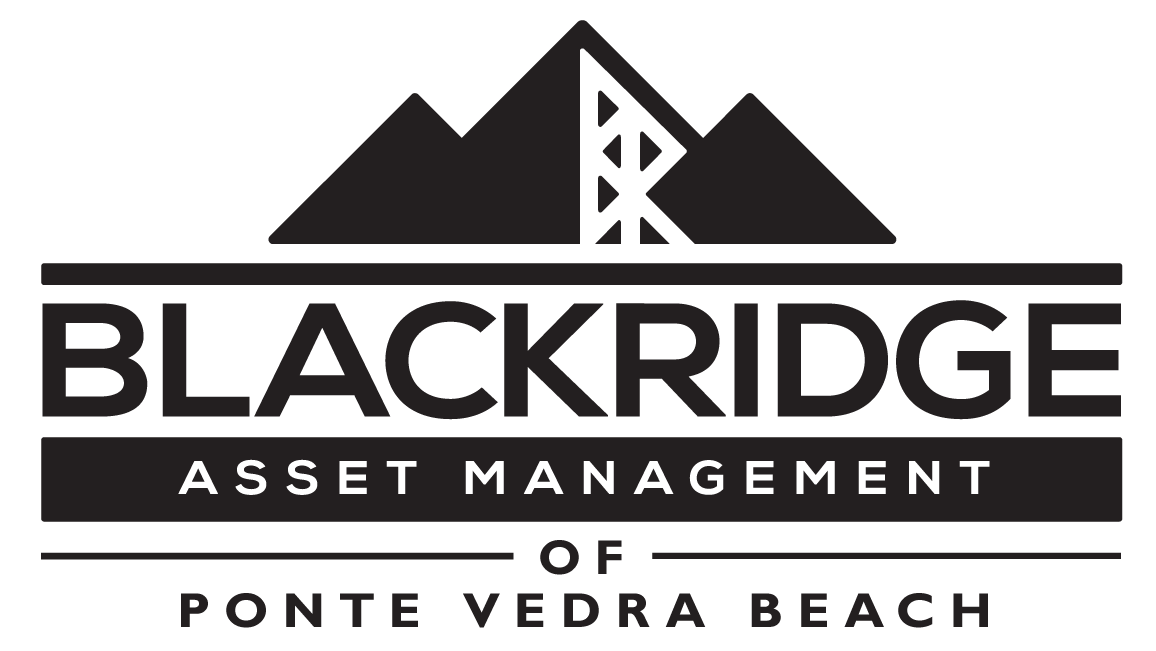What Do Financial Advisors Do?
Many wonder what a financial advisor does. In general, these professionals help you make decisions about what you should do with your money, which may include investments or other courses of action.
KEY TAKEAWAYS
- A financial advisor is often responsible for more than just executing trades in the market on behalf of their clients.
- Advisors use their knowledge and expertise to construct personalized financial plans that aim to achieve the financial goals of clients.
- These plans include not only investments but also savings, budget, insurance, and tax strategies.
- Advisors further check in with their clients on a regular basis to re-evaluate their current situation and future goals and plan accordingly.
- You do not need to be wealthy to benefit from the services of a financial advisor.
The Many Roles of a Financial Advisor
A financial advisor is your financial planning partner. Let’s say you want to retire in 20 years or send your child to a private university in 10 years. To accomplish your goals, you may need a skilled professional with the right licenses to help make these plans a reality; this is where a financial advisor comes in.
Together, you and your advisor will cover many topics, including the amount of money you should save, the types of accounts you need, the kinds of insurance you should have (including long-term care, term life, disability, etc.), and estate and tax planning.
The financial advisor is also an educator. Part of the advisor’s task is to help you understand what is involved in meeting your future goals. The education process may include detailed help with financial topics. At the beginning of your relationship, those topics may include budgeting and saving. As you advance in your knowledge, the advisor will assist you in understanding complex investment, insurance, and tax matters.
Step one in the financial advisory process is understanding your financial health. You can’t properly plan for the future without knowing where you stand today. Typically, you will be asked to complete a detailed written questionnaire. Your answers help the advisor understand your situation and make certain you don’t overlook any important information.
The Financial Health Questionnaire
A financial advisor will work with you to get a complete picture of your assets, liabilities, income, and expenses. On the questionnaire, you will also indicate future pensions and income sources, project retirement needs, and describe any long-term financial obligations. In short, you’ll list all current and expected investments, pensions, gifts, and sources of income.
The investing component of the questionnaire touches upon more subjective topics, such as your risk tolerance and risk capacity. Having an understanding of your risk assists the advisor when it’s time to determine your investment asset allocation. At this point, you’ll also let the advisor know your investment preferences as well.
The initial assessment may also include an examination of other financial management topics, such as insurance issues and your tax situation. The advisor needs to be aware of your current estate plan, as well as other professionals on your planning team, such as accountants and lawyers. Once you and the advisor understand your present financial position and future projections, you’re ready to work together on a plan to meet your life and financial goals.
Creating a Financial Plan
The financial advisor synthesizes all of this initial information into a comprehensive financial plan that will serve as a roadmap for your financial future. It begins with a summary of the key findings from your initial questionnaire and summarizes your current financial situation, including net worth, assets, liabilities, and liquid or working capital. The financial plan also recaps the goals you and the advisor discussed.
The analysis section of this lengthy document will provide more information about several topics, including your risk tolerance, estate-planning details, family situation, long-term care risk, and other pertinent present and future financial issues.
Based upon your expected net worth and future income at retirement, the plan will create simulations of potentially best- and worst-case retirement scenarios, including the scary possibility of outliving your money. In this case, steps can be taken to prevent that outcome. It will look at reasonable withdrawal rates in retirement from your portfolio assets. Additionally, if you are married or in a long-term partnership, the plan will consider survivorship issues and financial scenarios for the surviving partner.



